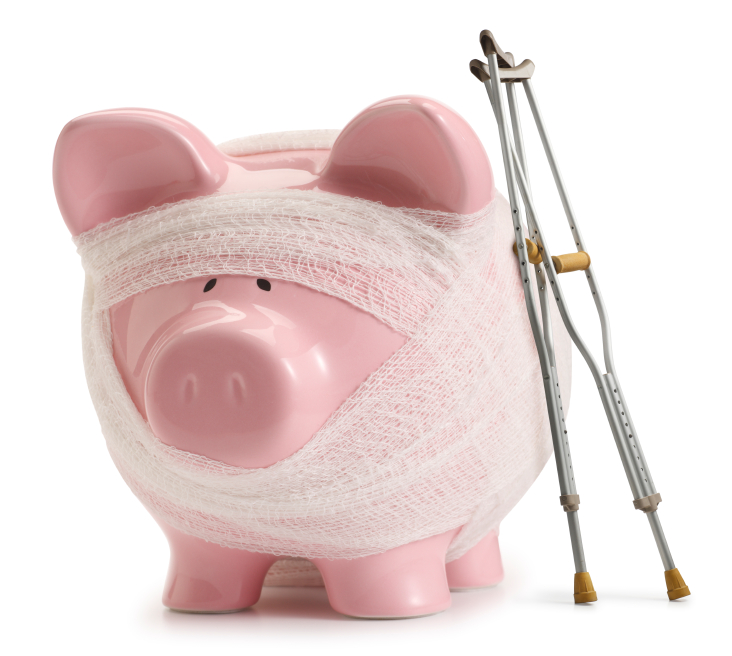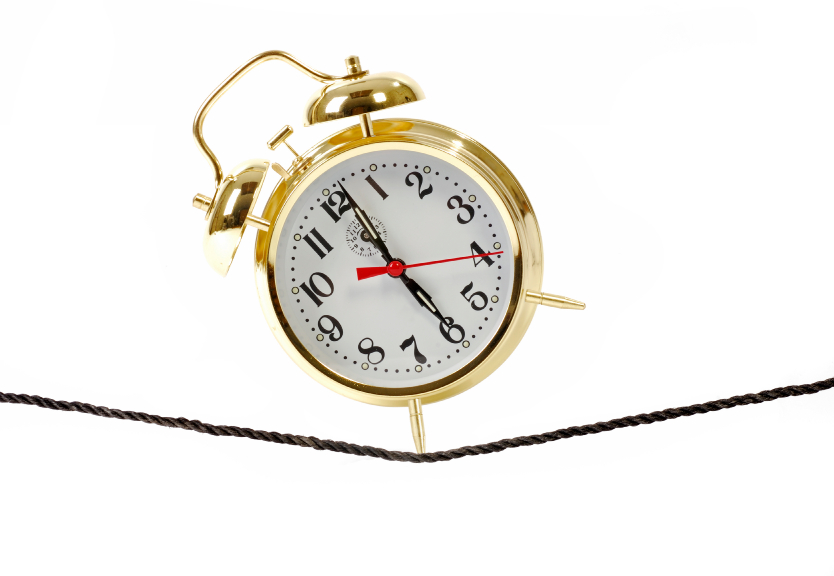Most of us have used a GPS – so we know about the importance of the destination input. If you want to get where you want – you need to know where you want to go and follow the path! I’ve met many people who work at a job that offers security, opportunity for advancement, or lots of money. Many of them drag themselves to work each day and it ends up being something they dread. They had a burning passion to do something they loved, but for whatever reason, did not follow that dream. My good friend, Mike, works in ‘high tech’. He often asked if he could work with me. From an early age, all he wanted to do was build houses. For a variety of reasons, he has not ended up where he expected, nor intended. He lost direction in life.
Why is it that good intentioned, smart people, with admirable life goals, often are not where they intended, they’re not reaching their goals? Why is it that many people with a clear idea direction in life end up far from their intended destination? Has this happened to you in one area of your life?
First in the series, Destinations then in his book The Principle of the Path, author Andy Stanley talks about how to get from where you are, to where you want to be. We have all lost direction in life in one area for a period of time.




